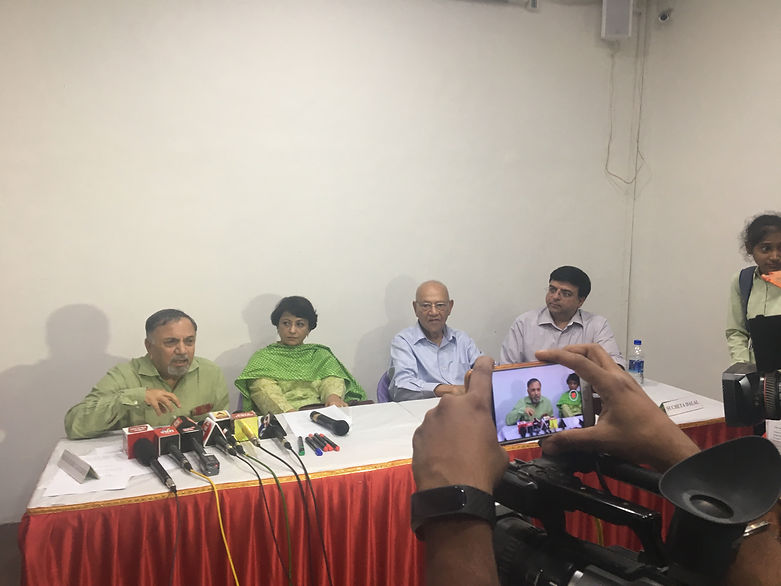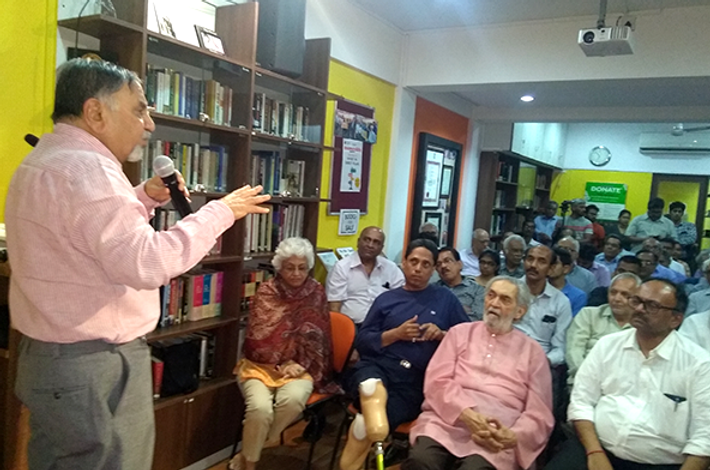CORRUPTION PLOTS
The Ethics of Space in the Millennial City

KAMALA MILLS FIRE
On December 29, 2017 flames engulfed “1 Above,” an upscale bistro in the Kamala Mills Complex in Mumbai, killing 14 patrons. Located in the deindustrialized Lower Parel district, Kamala Mills is one of dozens of defunct textile factories which have been redeveloped over the last 25 years. The “mill lands” as they are called in Mumbai now boast the largest number of residential and commercial skyscrapers in the city, including a Trump Tower, as well as malls, cineplexes, nightclubs, and restaurants catering to upwardly mobile professional classes. Investigations into the fire were aided by records accessed through activists’ Right to Information Act (RTI) petitions which revealed that Above 1 and adjacent establishments had flouted fire and other safety regulations. Investigations also exposed nefarious collaborations between business owners, builders, and local officials who were accused of accepting bribes to turn a blind eye to the deadly infractions. While fires are common in slums and other poorer areas, this particular disaster occupied local English language media for weeks perhaps due to the fact that the unlikely victims were upper middle class youth in an up-scale establishment.
RTI petitions are one of the most common legal mechanisms for exposing and confronting corruption in redevelopment conflicts or disasters such as Kamala Mills. The RTI is a landmark piece of legislation enacted in 2005 to enable any citizen to access government accounts and documents as a means of preventing corruption. Originally aimed to check and ensure that development funds reach the rural poor beneficiaries for which they were intended, the RTI has since been increasingly taken up by citizens and activists from a range of social locations and in urban areas as well. This transparency-based modality of anti-corruption has come to shape middle class public identity and claims to space and resources in the Indian city.

A press conference organized by activists to denounce government officials’ obstruction of the Right to Information Act
A prominent retired official and activists from a number of consumer rights and citizenship groups drew on the outrage of the Kamala Mills tragedy to campaign more vigorously to protect the Right to Information Act (RTI) from state officials who have refused to comply with petitions for information. Meanwhile, officials of the Municipal Corporation have accused RTI activists of extortion and claimed one organization in particular, Praja Foundation.
Pictured here is a press conference where activists and citizens gathered to denounce what they deemed as the “undemocratic” stance of the municipality which had been obstructing or unduly delaying compliance with public requests for information through the RTI.

Open letter to the state government of Maharashtra denouncing its obstruction of the Right to Information Act
An open letter released at the aforementioned press conference chides the Mumbai Municipal Corporation for branding anti-corruption activists using RTI as “corrupt”:
“There have been repeated instances of targeting, defaming and hounding of fellow citizens who file RTI applications seeking information from BMC. One assistant commissioner of BMC went to the extent of filing a complaint with a police station naming over 70 citizens, mostly RTI users, as extortionists and blackmailers, without producing any evidence. The municipal commissioner and other senior officials have been spreading a canard calling citizens using their fundamental Right to Information as blackmailers and undesirables and blaming them for the corruption and everything else wrong with the civic body. Whether it is the fire in Kamala Mills compound or illegal constructions, instead of acknowledging its own failures to enforce the law and its own Regulations and punishing its corrupt officers and employees, the blame is being placed by the MCGM at the doors of citizens in a perverse manner!”

Former Central Information Commissioner and RTI activist Shailesh Gandhi speaks at RTI activist meeting in February 2018
Source: Moneylife Foundation website
Former Central Information Commissioner and RTI activist Shailesh Gandhi speaks about activists’ demand for the Mumbai Municipal Corporation to publish all RTI petitions on its website to prevent government collusion with “vested interests” (Moneylife Foundation website).